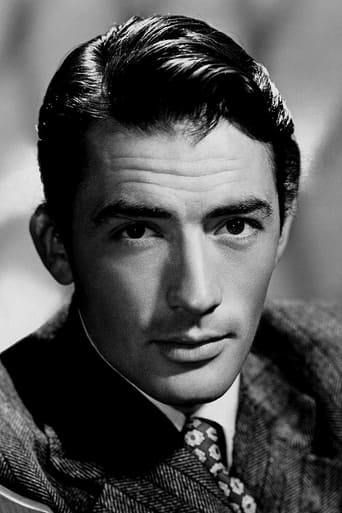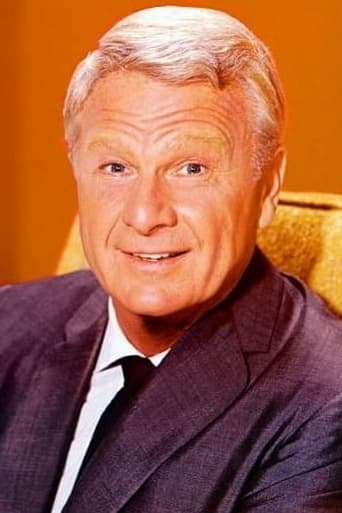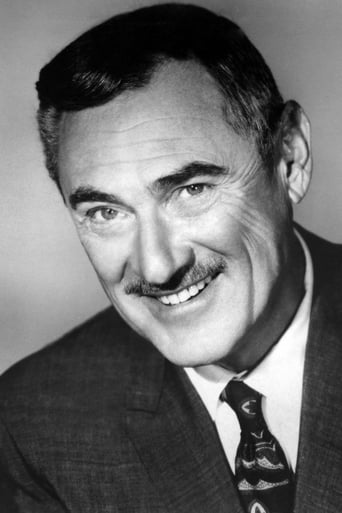James Hitchcock
One of the quirks of the English language is that although the words "infidel" and "infidelity" both derive from the same Latin root, meaning "unfaithful", they normally have differing meanings in English. "Infidelity" generally refers to adultery or sexual unfaithfulness, whereas an "infidel" normally means someone who does not believe in the tenets of a particular religion. It would be unusual, to say the least, to use the word "infidelity" to mean religious unbelief or to call an adulterer an "infidel". This film, however, is not concerned with the religious beliefs, or lack of them, of its main character, the writer F. Scott Fitzgerald. (He was raised as a Catholic but does not appear to have been a particularly devout one in adult life). I can only therefore assume that the title refers to his infidelity to his wife, Zelda.When I heard that the film was based on the life of Fitzgerald, I assumed that it would be about his wild and tempestuous life with Zelda during the twenties and early thirties. Instead, it concentrates on the last few years of his life, the period 1937 to 1940, and his relationship with his mistress, the journalist and gossip columnist Sheilah Graham. Indeed, Zelda does not appear in the film, although she is referred to. By 1937 Zelda was suffering from mental illness and was confined to a psychiatric hospital, but she and Scott were still married. Indeed, the two were never to divorce, and she legally remained his wife until his death.The main problem with the film is that of miscasting. Gregory Peck's most frequent screen image was that of an authoritative, rational and gentlemanly figure, so he does not really seem a natural choice to play a notorious hell-raiser like Fitzgerald. Peck occasionally succeeded in his efforts to break away from his normal persona, as in "Duel in the Sun", "The Boys from Brazil" or "Moby Dick" in which he made a notable Captain Ahab, but in several other films attempts to cast him against type fell flat. A good example is "Macarthur" from the latter part of his career, in which he never succeeded in capturing General Macarthur's aggressive, combative personality. In the initial part of this film Peck portrays Fitzgerald as yet another quiet, charming gentleman, and his portrayal is certainly convincing, although I did find myself wondering how close it was to the real Scott Fitzgerald. His past struggles against alcoholism are referred to, but for a while it seems as though he has conquered his addiction. Midway through the film, however, Fitzgerald falls off the wagon after he is sacked from his job as a Hollywood scriptwriter, and Peck is much less convincing as a violent, abusive drunk than he is as a gentlemanly intellectual. For a film made in the 1950s, with the Production Code still in force, this one is remarkably sympathetic in its treatment of adultery. Sheilah Graham is very much the heroine of the film, not its villain. (That is perhaps not surprising given that the film was based on her own memoirs. Fitzgerald had died in 1940 but Graham was still very much alive in 1959). She is portrayed as a kindly and understanding lover, patiently trying to help Scott deal with his problems, rather than as the heartless seductress which during this period was the standard cinematic image of women sexually involved with another woman's husband. Deborah Kerr was one of the screen's most famous "good girls", although she also had the ability to portray characters who hid passionate natures beneath a quiet, reserved surface, such as Karen, the adulterous Army wife in "From Here to Eternity", the troubled Sister Clodagh in "Black Narcissus", the haunted governess in "The Innocents" or another haunted governess, Miss Madrigal in "The Chalk Garden", in that case haunted by guilt rather than by anything supernatural. In "Beloved Infidel", however, Kerr seemed unable to draw upon this ability, and her Sheilah comes across as a character who is all surface with nothing much going on underneath. Kerr also fails to make the most of another aspect of her character, the toughness and determination which enabled her to rise from poverty in Britain to become one of the most famous women in America. There are some good things about this film- the script is a good one and it is attractively photographed. For a film of its period it has touches of originality, breaking away from the traditional "eternal triangle" concept of marital infidelity, a triangle composed of a weak, erring husband, a saintly, long-suffering wife and a wicked other woman. (This concept was not confined to the fifties, or even to the Production Code era; "Fatal Attraction" is a good example from the late eighties, and examples can still be found today). I felt, however, that it might have been better had alternative actors been found for the two leading roles. 6/10
Claudio Carvalho
In 1936, the witty columnist Sheilah Graham (Deborah Kerr) leaves her noble British fiancé and travels in the Queen Mary from Southampton, England, to New York. She seeks out the editor of the North American Newspaper Alliance John Wheeler (Philip Ober) offering her services but he sends her to the Daily Mirror. Sheilah becomes successful and John offers a job position in Hollywood to write gossips about the stars. When Sheilah meets the decadent writer F. Scott Fitzgerald (Gregory Peck), they immediately fall in love for each other. Sheilah discovers that Scott is accepting any job to write screenplay to financially support his wife Zelda that is in asylum and his daughter that is in a boarding school. She opens her heart to him and tells the truth about her origins; but their relationship is affected by the drinking problem of Scott. "Beloved Infidel" is a melodramatic soap-opera based on the true romance of F. Scott Fitzgerald and Sheilah Graham along the last four years of the life of the American writer. However, the screenplay is based on the book written by Sheilah Graham that is pictured as an angel that helps the decadent and cruel drunkard. I do not know the biography of F. Scott Fitzgerald but this version is shallow and not independent. Gregory Peck is weak in the dramatic parts and the lovely Deborah Kerr is too sweet even when insulted considering the profile of the controversial reporter Sheilah Graham, considered a bitch by the industry. My vote is six.Title (Brazil): "O Ídolo de Cristal" ("The Crystal Idol")
dish55
This film has all the earmarks of too many cooks spoiling the stew. Based on Shielah Graham's autobiography, it seems like the powers that be couldn't leave well enough alone. They couldn't decide if this was to be Graham's story or Fitzgerald's story, and also how much they should soft-pedal whoever's story it turned out to be. So a film that could have been a story about two fascinating (Fitzgerald) and notorious (Ms. Graham)personalities becomes a dreary disjointed soap opera about that tells us little about either. Added to this there is absolutely no period feel other than for 1959. Clumsy scene follows clumsy scene and we have no idea where we are in the story or how much time is passing. However - and this saved the film for me - Kerr has never looked lovelier, and Peck is as always a very handsome man. They truly make a beautiful, mature couple, and I only wish they had better material to work with. There is one scene that does work - Scott goes after Shielah while in a drunken state, and to see these two normally refined stars knock each other around is very disturbing and gives some fleeting idea of what goes on in a relationship such as theirs. Other than that, the movie is a wasted opportunity and achieves nowhere near the classic stature of other Wald produced soaps of the 1950 (PEYTON PLACE, THE BEST OF EVERYTHING).
writers_reign
This film seems to have been vilified above and beyond the call of critical duty at the time of its initial release and a couple of posters on this page have seen fit to heave the old harpoon at a very underrated film. Though far from an expert on Scott Fitzgerald I have a strong feeling that he was around forty when he died and Gregory peck was forty three when he portrayed him so realistically that's about right; Deborah Kerr was thirty eight so that's also more or less realistic. By all accounts Fitzgerald retained a certain youthful charm even in alcoholic middle age and if you're looking for an actor who can do charm with one hand behind his back without resorting to the gauche bashfulness of a Jimmy Stewart or Gary Cooper then Peck is definitely your man especially if, as here, he's also required to brush the charm away as if swatting a fly and reveal the cruel and brutal streak beneath the surface. I've always had a problem with Deborah Kerr as a sex object, even in From Here To Eternity she didn't really convince me, I always found her far more believable as the repressed spinster of the kind she played so well in Separate Tables. The upshot was that I came to this as a great admirer of both Peck and Fitzgerald and someone prepared to tolerate Kerr. Perhaps because I was familiar with many of the situations - not least the episode which Budd Schulberg has written about so memorably both in his roman a clef The Disenchanted and in his own recollections of the time he and Fitzgerald left Los Angeles by train bound for New Hampshire where they had been engaged as co-writers on Winter Carnival; completely unaware of Fitzgerald's status as on-the-wagon Schulberg broke open a parting gift of champagne and shared it with Scott with hilarious/disastrous results depending on your point of view - and enjoy nothing more than movies about movie-making I enjoyed virtually every frame of this and found the moment at the very end when Scott is working away on The Last Tycoon and Sheilah is reading in the background and suddenly, magically, they both look up and smile a tender, lovers-only smile, resume what they are doing and then, seconds later, Scott slumps forward and is dead before his head hits the desk one of the most moving moments I've ever experienced in a cinema. I'd certainly add this to my DVD collection.





